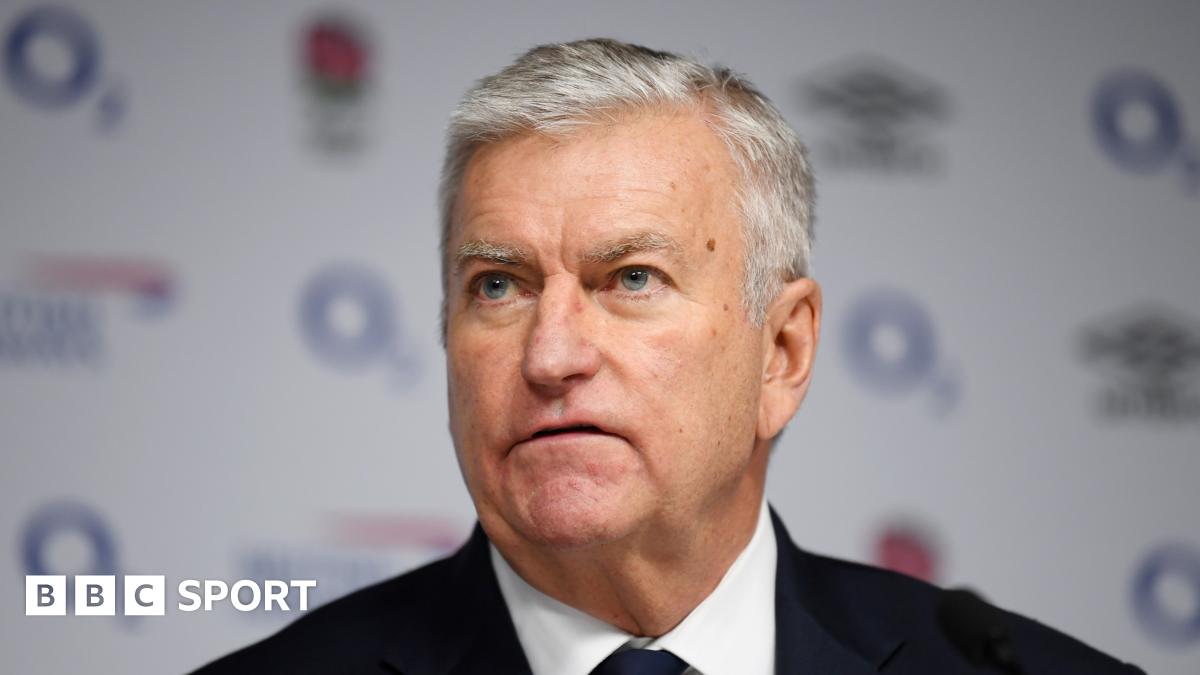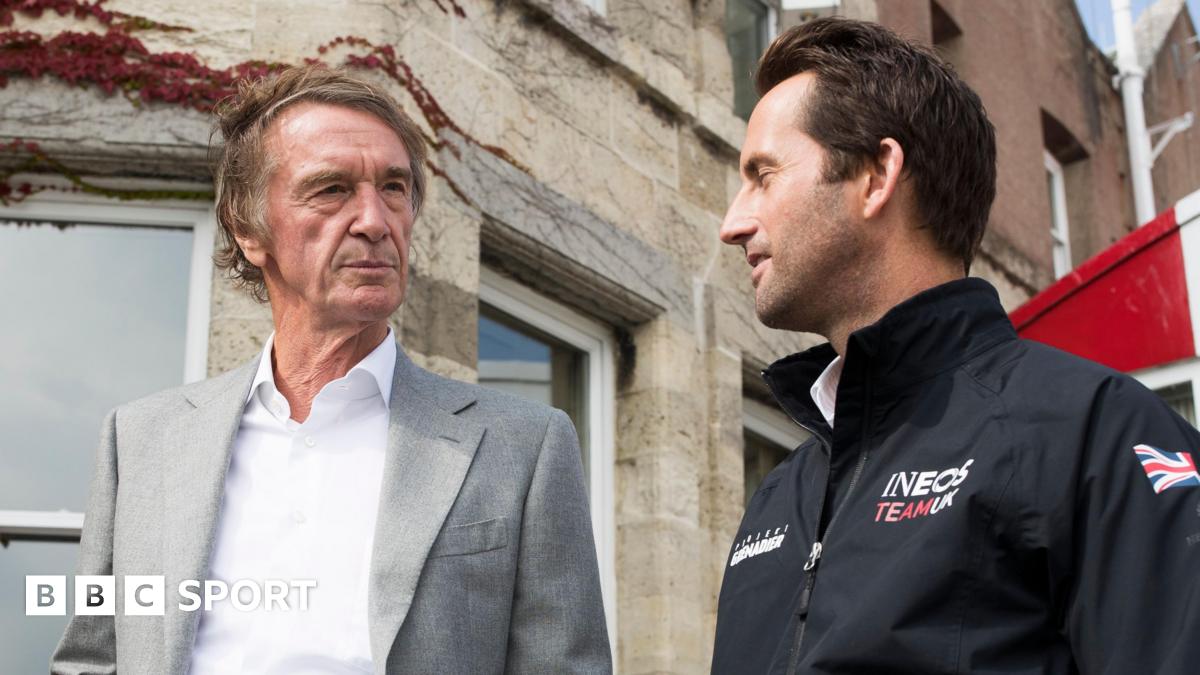ARTICLE AD BOX
A crackdown by the England and Wales Cricket Board (ECB) on overseas amateur cricketers has potentially left hundreds ineligible to play for their teams at a critical point in the season.
Every summer, cricket clubs throughout England and Wales sign up players from across the globe to strengthen their sides in recreational leagues.
Many of these players are unpaid amateurs simply coming over for the experience and enter the United Kingdom on standard visitor or student visas.
However, BBC Sport understands a recent ECB audit of its player registration database has thrown up discrepancies which contravene visa regulations defined by the Home Office.
Approximately 1,700 players - men and women - were flagged by the audit and a significant number of potential breaches have been discovered.
The result is that some overseas players will be banned for vital matches as the season reaches the business end, potentially missing crucial games which determine league titles as well as promotion and relegation.
The ECB are currently working through a list of those affected and contacting them directly.
A number of cases are said to relate to players who have entered the country on student or standard visitor visas but would in fact be considered a 'professional sportsperson' according to Home Office criteria.
The Home Office defines a professional sportsperson as someone who "has represented their nation or national team within the previous two years, including all youth and development age groups from under-17s upwards".
It means that any player who has played a T20 international for an Associate Member of the International Cricket Council (ICC) in the past two years is classed as a professional.
From 1 January 2019, all matches between ICC members have been given full T20 international status.
However, many of those who play for Associate nations outside the top-20 T20 sides in the men's game have never been paid to play cricket and the same applies to most of those outside the top-16 of the women's game.
In what appears to be a broader tightening up of their obligations to the Home Office, the ECB have also passed on a list of names of those deemed to have potentially breached the terms of their visa.
Earlier this summer, the ECB published a redrafted version of its Home Office Immigration Rules for Cricket Overview with notes circulated to county boards for distribution to clubs.
An ECB spokesperson said: "As a governing body we are expected to maintain immigration compliance within the sport, so registered players from the recreational game are captured within the annual audit.
"These are players who are not normally resident in the UK and will be here under various entry permissions.
"As these are immigration rules, the ECB has no power to 'clear' a player. We have a duty to report any breaches or potential immigration breaches to the Home Office, and would contact the club to make them aware and explain why."
The ECB has largely left it up to county boards, leagues and clubs themselves to enforce eligibility in the past.
It is understood this year, however, ECB staff have personally contacted a number of players urging them to stop playing league cricket.
A Home Office spokesperson said: "Immigration brings many benefits to the UK, but it must be controlled and delivered through a fair system.
"We expect sports governing bodies to ensure all players within their remit are compliant with their visa conditions and the wider immigration system. This includes an assessment of those who qualify as professional sportspeople."
BBC Sport has contacted several players known to have been affected by the current crackdown but none wished to comment for fear of further recriminations relating to their visas.
One player who may have fallen foul of the rules, had they been implemented last summer, is Brazil international Luiz Henrique Morais, who entered the UK on a standard visitor visa and spent three months playing for Bolney CC in the Sussex League.
Morais, 22, had never played anything longer than a T20 match and only ever on artificial pitches before he came to England in 2023.
"Cricket is much more than a game; it is an expression of culture, history and community," he said.
"Preventing athletes from experiencing something so transformative and educational would be a loss for all of us, as sport has the unique and powerful ability to bridge cultures and expand horizons."
Cricket Brasil president Matt Featherstone , who also sits on the ICC governance committee, said it would be a "real disappointment" for many Associate Members if their players were unable to play club cricket in England or Wales in the future.
"Only a handful of Associates play elite cricket. This is something which needs to be looked at in more detail by the Home Office," he said.
Bolney chairperson James Flower felt cricket's authorities should be "doing everything they can" to encourage the Home Office to revise its definition.
"They are not professional sportspersons. They’re young men and women trying to make their way in a sport which has very limited exposure in their own countries," Flower said.
"Luizinho played in a variety of games at different standards, helped paint our scoreboard and coach our juniors. With general participation in cricket on the decline - surely we want to encourage as many nations to take it up as possible?"

 4 months ago
16
4 months ago
16








 English (US) ·
English (US) ·